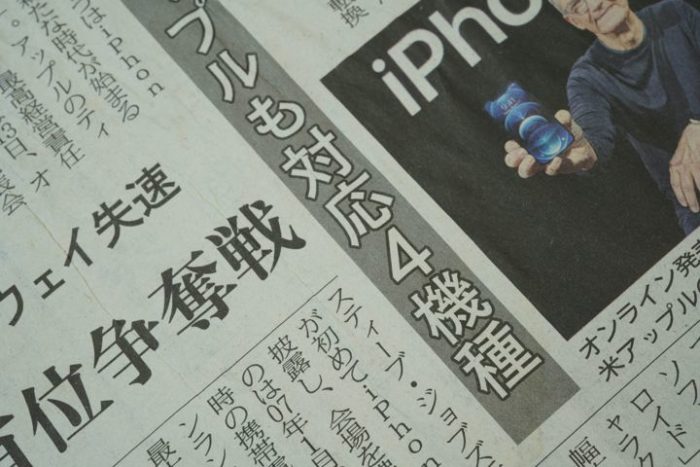
New study “Anti-media expression by citizens: conservative summary sites, hostile media perceptions, and media trust in Japan” by Masahiro Yamamoto and Hyerim Jo of University at Albany, State University of New York, and Weina Ran of Rensselaer Polytechnic Institute examines the links between anti-media messages, hostile media perceptions, and media trust.
The authors hypothesize that this link is dependent on information processing strategies, the effect being greater to those who process news heuristically and weaker for those who process news systematically.
News summary sites, known in Japan as matome sites, aggregate information from other online sources centering around a topic such as politics or sports. Many political summary sites lean towards conservative, often having users comment on the news articles from conservative-leaning (nationalistic, mistrust toward liberals and the country’s perceived enemies) and populistic viewpoint, which are shared to others along with the source material.
The study was based on online data collection. The final sample consisted of 728 participants. The median age was 48, there were 50,4% men and 49,6% women, and the median education level was junior college/college graduates. Apart from median income, 5 to 6 million yen a year for the sample (national 4,27 million), the median values were close to the national median.
The participants were surveyed on number of variables using Likert-style statements and numbered answers relating to media trust, conservative summary site use, hostile media perceptions and processing style. There were several control variables: age, gender, education, income, political interest, political ideology, party affiliation, Yahoo! Japan use, and use of each news organization. The authors employed a statistical approach.
The effect of conservative summary sites was positively related with a hostile media perception. Contrary to one of the hypotheses, that processing style would mitigate the effect in some cases, it did not.
The hostile media perception in turn decreased trust in media organizations in seven out of ten cases – in the case of left-leaning media organizations and some conservative ones. It is hypothesized that the negative bias towards left-leaning media biases the users as a whole against media, akin to a negative halo effect.
The study “Anti-media expression by citizens: conservative summary sites, hostile media perceptions, and media trust in Japan” by Masahiro Yamamoto, Hyerim Jo & Weina Ran is in Information, Communication & Society. (free abstract).
Picture: Piece of newspaper by FLY:D
License Unsplash














